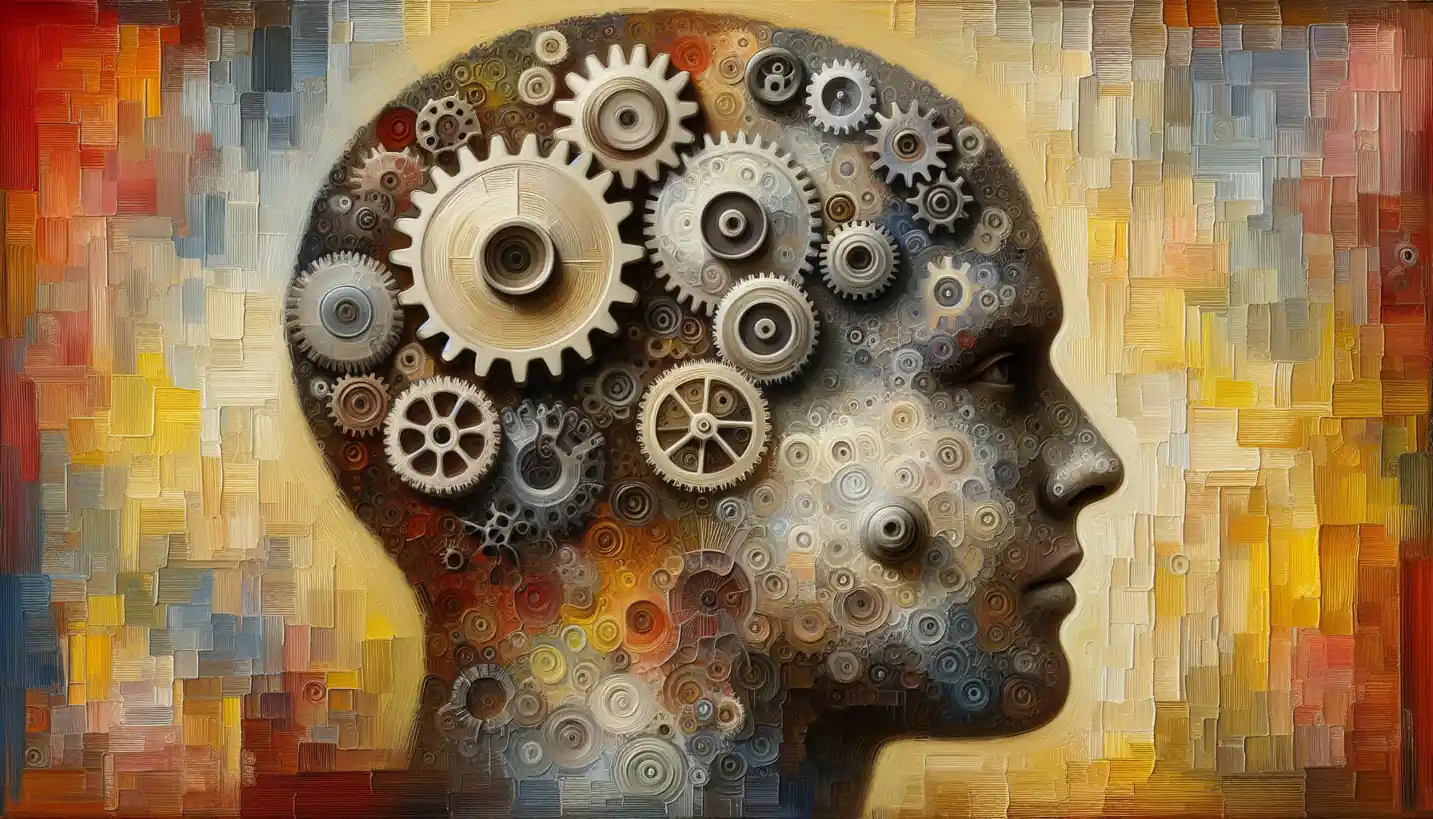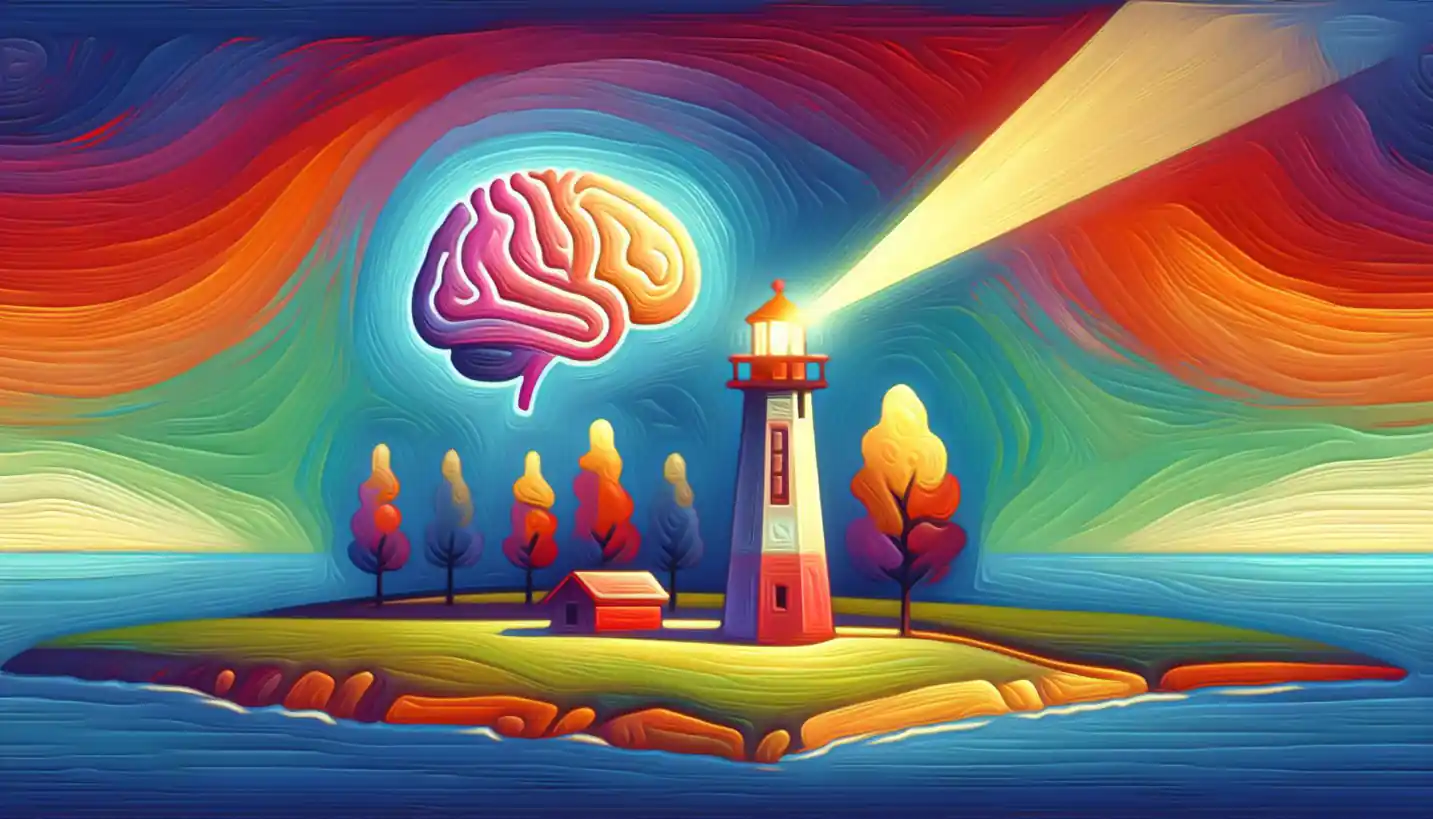· Psychology · 5 min read
Anxiety Disorders: Unraveling the Mind's Knots
Anxiety disorders are complex knots in the mind, affecting millions worldwide. Discover effective strategies to unravel these knots for better mental well-being.

You know those times when you’re about to give a big speech or take an important exam, and your stomach feels like it’s doing flips? That’s anxiety, a natural reaction to stress. But what happens when anxiety sticks around even when everything seems fine? That’s when we might be talking about anxiety disorders, a fascinating concept in clinical psychology and psychology that affects millions of people.
Understanding Anxiety Disorders
Anxiety disorders are like unwelcome guests that refuse to leave. They’re not just the jitters you feel before a job interview or the worry you have about a loved one. Instead, they’re more persistent and can interfere with daily life. Imagine having a smoke alarm that randomly goes off even when there’s no fire. That’s what living with an anxiety disorder can feel like.
The Science Behind Anxiety
At its core, anxiety is all about survival. It’s your body’s alarm system telling you there might be danger. This response helped our ancestors escape from predators, but in today’s world, it can cause issues when it’s always switched on. The brain’s amygdala plays a big part in this. It’s like the brain’s watchdog, always sniffing for threats. Sometimes, that watchdog gets overly excited and sees danger everywhere, leading to anxiety disorders.
Different Types of Anxiety Disorders
Just like there are many shades of blue, there are different types of anxiety disorders, each with its own quirks and characteristics.
Generalized Anxiety Disorder (GAD)
Imagine feeling anxious over just about anything and everything, from small daily tasks to future events that might never happen. People with GAD experience this constant worry, making it hard to relax.
Panic Disorder
This one can feel like a thunderstorm out of nowhere. Sudden waves of intense fear, often accompanied by a racing heart and shortness of breath, make it seem like you’re having a heart attack. These are called panic attacks, and they can be really scary.
Social Anxiety Disorder
Ever felt nervous at a party or skeptical about giving a speech? For someone with social anxiety, these feelings can be overwhelming. It’s like having a spotlight on you all the time, making you want to run and hide from social situations.
Phobias
Phobias are intense fears of specific things, like heights, spiders, or even clowns. It’s not just a dislike but a fear so strong that it leads to avoiding the thing entirely.
Obsessive-Compulsive Disorder (OCD)
This disorder is like having a song stuck in your head that you can’t stop thinking about, paired with a need to do certain actions over and over. Think of it as the brain’s record player skipping, needing to be reset constantly.
Post-Traumatic Stress Disorder (PTSD)
After a traumatic event, some people experience flashbacks, nightmares, and severe anxiety. It’s like your brain keeps pressing rewind on a bad moment, replaying it over and over.
Why Do Anxiety Disorders Happen?
The big question is, why do some people develop anxiety disorders while others don’t, even when they face similar situations? It’s a mix of genetics, environment, and life experiences—a complex recipe that clinical psychologists are still trying to fully understand.
Some people are more prone because their family tree has a history of anxiety, suggesting a genetic link. Meanwhile, the environment can play a role too. Growing up in a stressful home or enduring traumatic events can set off anxiety disorders.
Living with Anxiety Disorders
For those struggling with anxiety, everyday tasks can feel like climbing a mountain. Meeting new people, traveling, or even shopping might become overwhelming. But there’s hope.
The Importance of Treatment
Anxiety disorders aren’t just “in your head.” They’re real, and getting treatment is essential. Therapy, like cognitive-behavioral therapy (CBT), can help people change the way they think and react to anxiety. Picture it as rewiring your brain’s alarm system to make sure it only goes off when needed.
Medication is another tool in the toolbox. While it’s not a cure, it can help calm your brain’s overactive watchdog, allowing you to focus on the actual issues rather than feeling overwhelmed.
Coping Strategies and Self-Care
Besides professional treatment, there are many practical strategies that people with anxiety disorders use to help manage their symptoms. Techniques like mindfulness, meditation, and deep breathing can ground someone during intense moments. Exercise is another fantastic way to burn off anxious energy and boost mood, like resetting a spinning top that’s about to fall over.
Support groups can also be a game-changer. Talking to others who understand what it’s like can lighten the load and remind individuals they’re not alone.
Looking Forward
As we keep exploring anxiety disorders, scientists are uncovering more about how our brains work and why these disorders happen. This research opens the door to new treatments and strategies, offering hope to those affected.
So, next time you feel anxious, remember—it’s a normal response to stress. But if it becomes overwhelming, it’s crucial to seek help, as understanding and managing anxiety can lead to a brighter, more balanced life. By continuing to research and talk about anxiety disorders, we’re slowly unraveling the knots that have tied up so many lives, helping to free minds everywhere.



